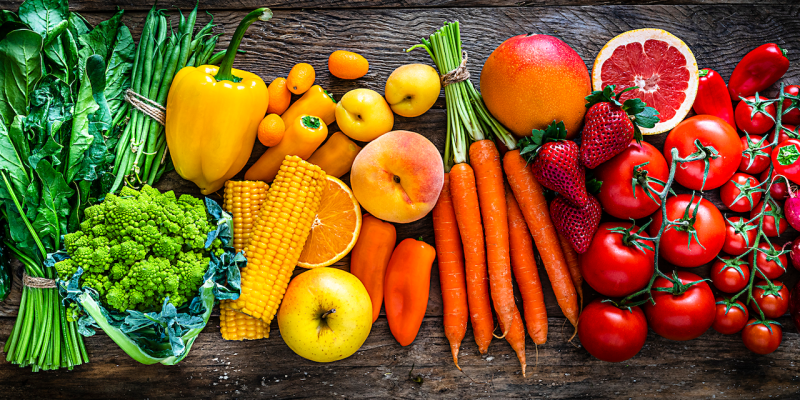While vegetables are typically considered to be a healthy and beneficial part of a balanced diet, there are some that may be harmful in certain circumstances. Here are some examples of vegetables that can be harmful:
1. Nightshade Vegetables: Nightshade vegetables, such as tomatoes, potatoes, eggplants, and peppers, contain a chemical called solanine. Solanine can be toxic in large quantities and can cause symptoms such as nausea, vomiting, and diarrhea. However, the levels of solanine in nightshade vegetables are generally low, and most people can consume them safely.
2. Rhubarb Leaves: While rhubarb stalks are a popular ingredient in pies and other desserts, the leaves of the rhubarb plant are toxic. They contain high levels of oxalic acid, which can cause kidney failure and other health problems if consumed in large quantities. It's important to always discard the leaves and only consume the stalks.
3. Spinach and Swiss Chard: Spinach and Swiss chard are both high in oxalic acid, which can interfere with the absorption of calcium and other important minerals. While these vegetables are generally safe in moderation, people with a history of kidney stones or other kidney problems may want to limit their intake.
4. Bitter Gourd: Bitter gourd, also known as bitter melon, is a vegetable commonly used in Asian cuisine. While it has many health benefits, including its ability to lower blood sugar levels, it can also be harmful in certain circumstances. Bitter gourd contains a compound called charantin, which can cause low blood sugar levels and other side effects if consumed in large quantities.
5. Fiddlehead Ferns: Fiddlehead ferns are a delicacy in some parts of the world, but they can also be dangerous. They contain a toxin called thiaminase, which can break down thiamine (vitamin B1) in the body and cause symptoms such as nausea, vomiting, and dizziness. It's important to always cook fiddlehead ferns thoroughly before consuming them.
6. Cassava: Cassava is a starchy root vegetable that is commonly consumed in Africa, Asia, and South America. While it is a good source of carbohydrates and other nutrients, cassava also contains a toxic compound called cyanide. It's important to cook cassava thoroughly to remove the cyanide and make it safe to eat.
In conclusion, while most vegetables are safe and beneficial for consumption, there are some that may be harmful in certain circumstances. It's important to be aware of the potential risks and to consume these vegetables in moderation or avoid them altogether if necessary.




